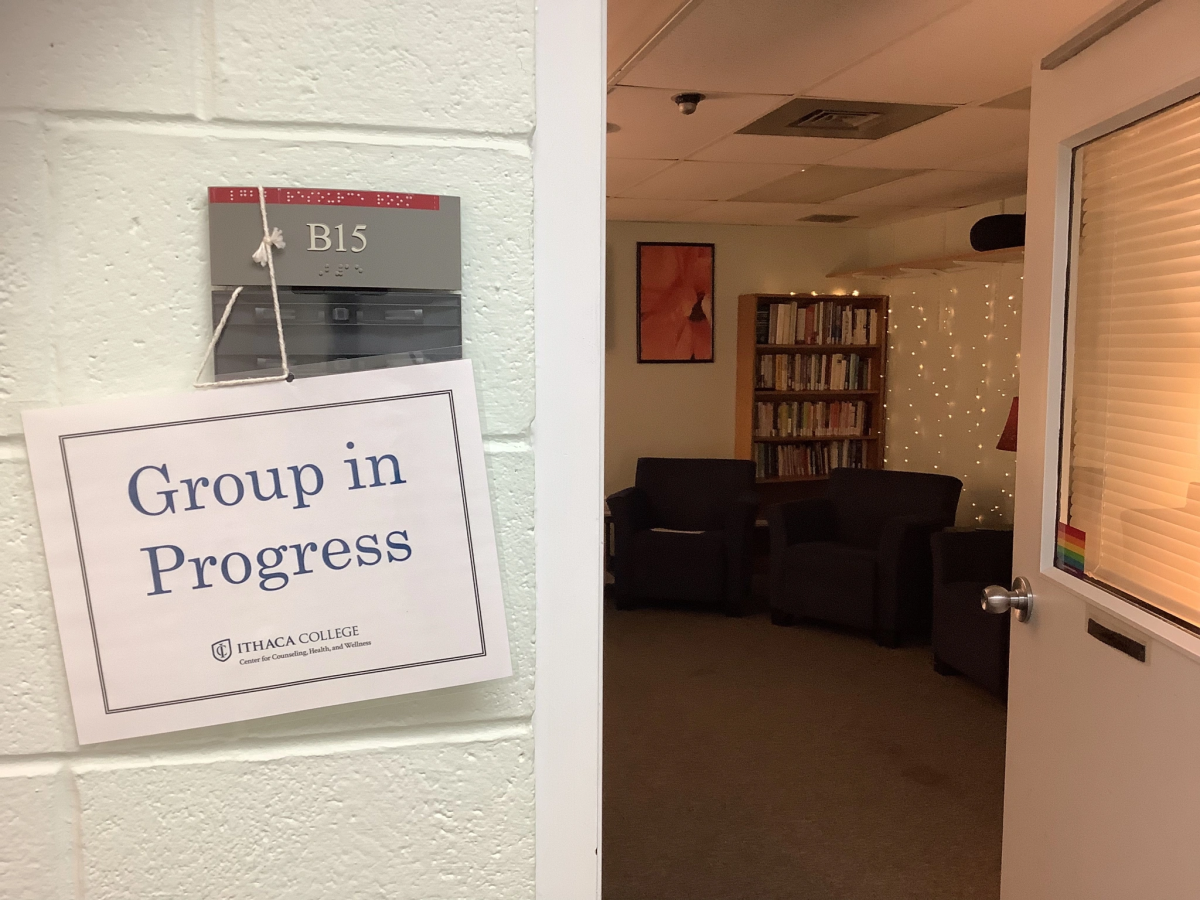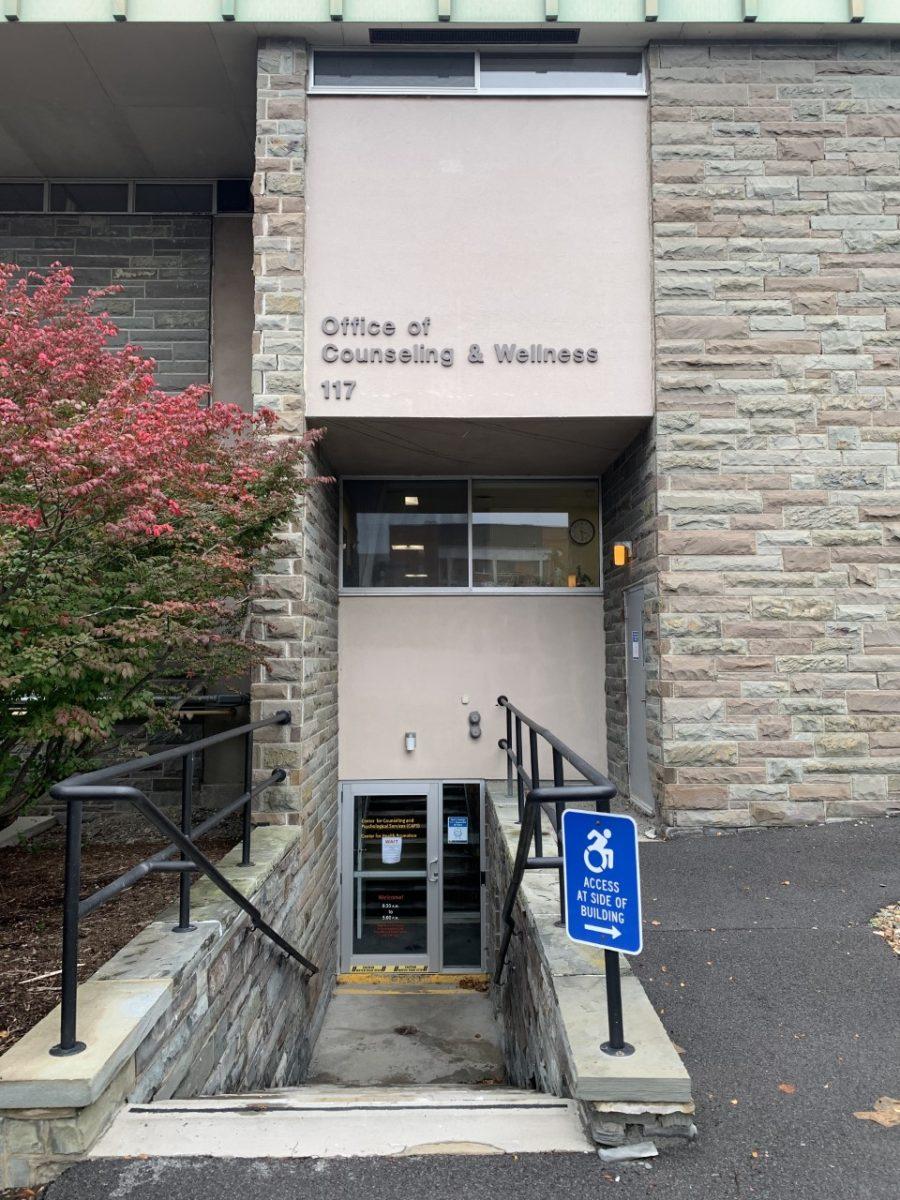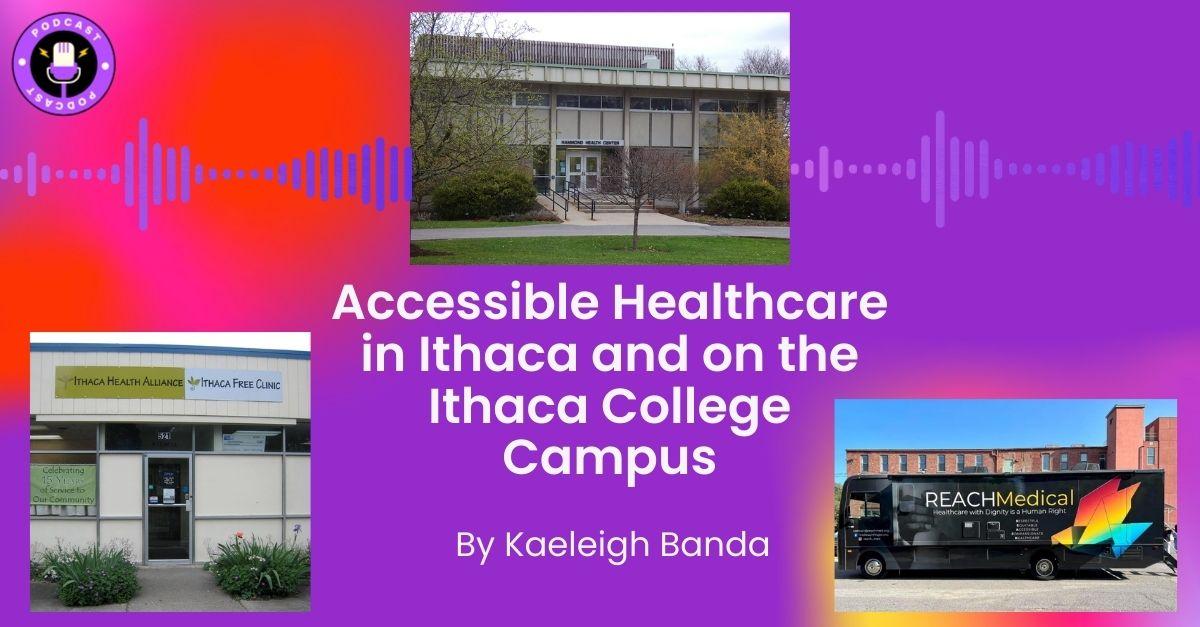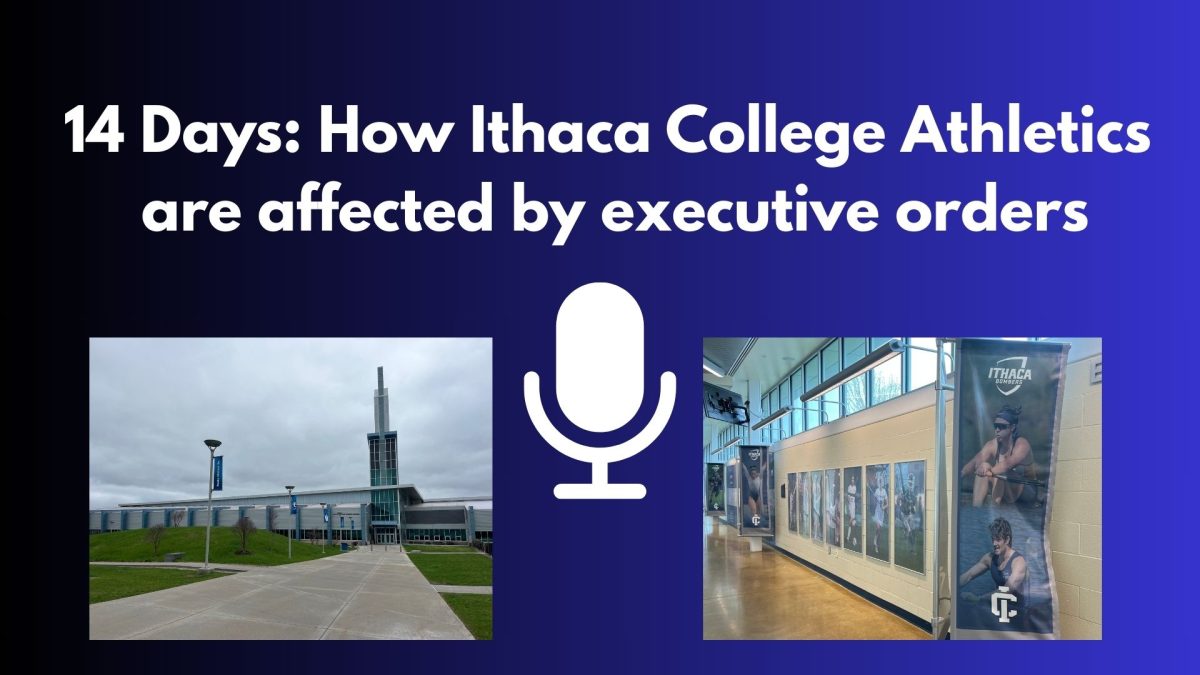How the recent college-health system partnership affects mental healthcare services on IC’s campus.
In July 2022, Ithaca College (IC) announced that it would be partnering with Cayuga Health System (CHS) to become Cayuga Health at Ithaca College. The change went into effect Aug. 15.
Up until Fall 2021, there was talk of combining IC’s medical and therapeutic services. This would consist of the Hammond Health Center and the Center for Counseling and Psychological Services (CAPS), respectively. The pandemic delayed these plans.
Before the partnership
Before the partnership, CAPS was the only mental healthcare provider on IC’s campus.
“We ended up taking a big left turn, whereas before we had talked about integrating all of our services here,” Brian Petersen, director of CAPS at the college, said. “Now we were inviting in Cayuga Health associates and a third party was now going to run Ithaca College’s healthcare services.”
Petersen also said that the separately run healthcare model was difficult to keep funded and staffed. He mentioned that there is a shortage of medical health professionals in rural areas like Tompkins County. CHS’s offer presented a sufficient alternative.
“We wanted to ensure that whatever services were going to be provided were going to be adequate to what Ithaca College students need,” Petersen said.
A new model
CHS at IC brings a model used in other Cayuga-associated clinics. The model, known as the Behavioral Health Interventionist model, integrates medical healthcare with behavioral health services. The model focuses on short-term intervention through symptom reduction. Petersen said that though the model works in tandem with CAPS, it is a separate entity and not meant to replace on-campus counseling services.
“[CAPS staff] would talk to you about family dynamics that are upsetting or partner relationship issues that are upsetting, whereas upstairs [CHS] may focus specifically on nutrition or sleep or stress management,” Petersen said.
Senior Cailin Zadravec, a medicar driver for the college’s health center, said that the partnership can prove to be beneficial for both staff and students.
“Because Cayuga Health has this bigger network already in their arsenal if a student comes with a specific ailment, they’re able to recommend somewhere reliable, somewhere known,” she said.
The future of student healthcare
Petersen said that third-party partnerships are not uncommon at colleges and are often beneficial. He gave the example of Ithaca College’s previous partnership with Sodexo, a third-party food provider.
“A college can’t do everything by itself,” he said. “There’s nothing wrong with bringing in a third party to provide services.”
Petersen added that third-party healthcare, however, is more complicated. He said it takes added effort to balance liability concerns, the needs of the college and provider, and the needs of students and their families.
“‘Who are these people?’ becomes a question that parents and the students might be asking,” Petersen said. “‘Will the doctors know our students well? Are they committed to Ithaca College in the same way they’re committed to their own organization? Do they have the developmental background to work with college students?”
Petersen said that as of now, Hammond Health Center does not have substantial staff who specialize in psychiatry.
“This generalist sort of model will work most of the time, but for complicated cases, it may not be the best fit,” Petersen said. “I think we still need to find psychiatrists in Ithaca that we can refer students to.”
Petersen said that overall, the model brings more options for students and a better referral procedure. Staff can refer to other professionals within the Cayuga system, one of the largest health systems in the Tompkins area.
“They can refer to their own people and that just streamlines the whole process,” he said.
Zadravec said that many of the rides she gives to students have been to Cayuga Medical Center or other Cayuga-associated locations. She said that having CHS incorporated into student health services provides an in-house feel that may be more efficient.
“Cayuga Health is a bigger entity with multiple resources,” Zadravec said. “If we’re becoming a part of it, I think it’s a positive thing in us getting those resources to our students.”














